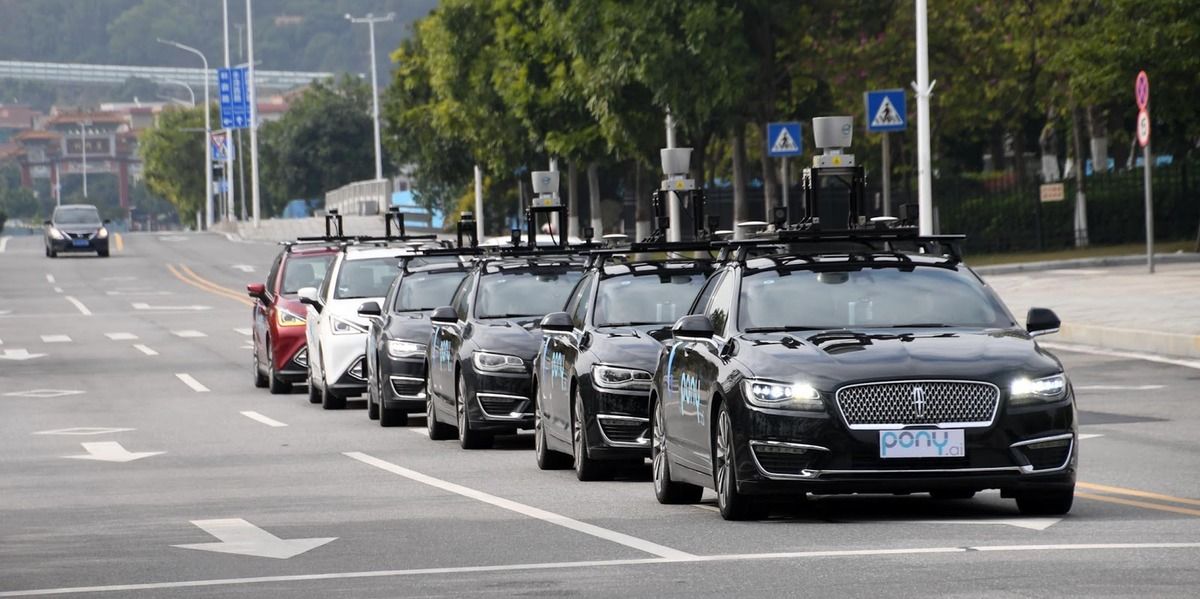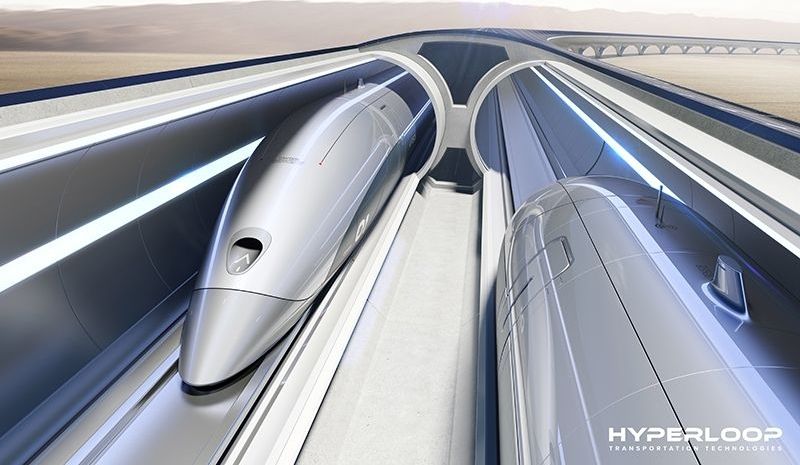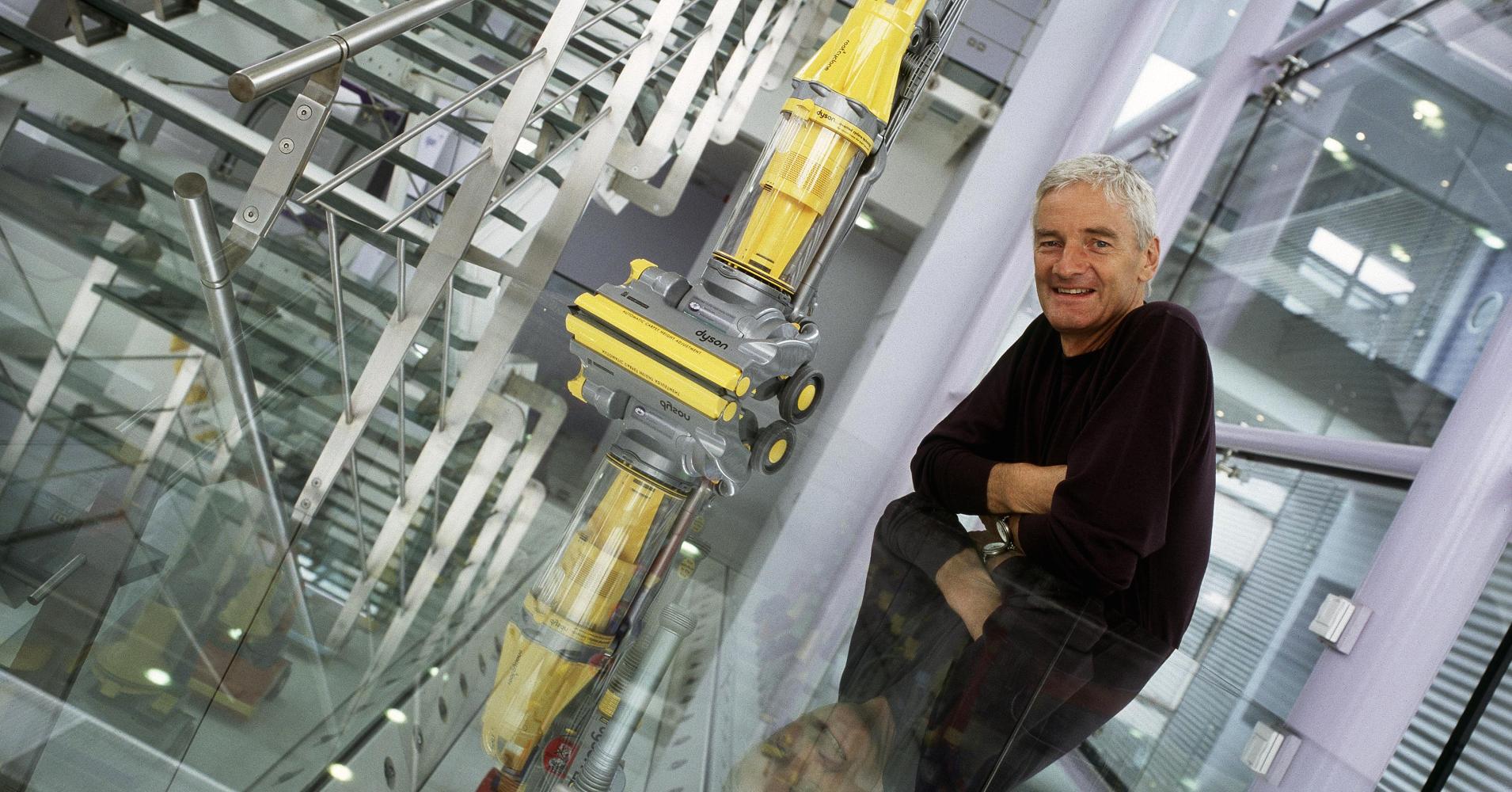Tesla Inc. Chief Executive Elon Musk took to Twitter this week to decry the slow and costly pace of U.S. infrastructure projects, and thus a challenge — or boast — was born: The Boring Co. could build a tunnel across the San Francisco Bay far cheaper and far faster than current available estimates.
Musk was pointing to a San Francisco Chronicle editorial favoring a new Transbay Tube for public transportation over another cross-bay bridge to alleviate chronic traffic woes and public-transportation overcrowding in the Bay Area. The editorial cited a starting price of $12 billion for the new tunnel.
Probably about a tenth of the cost and a fifth of the time— Elon Musk (@elonmusk) February 28, 2018







